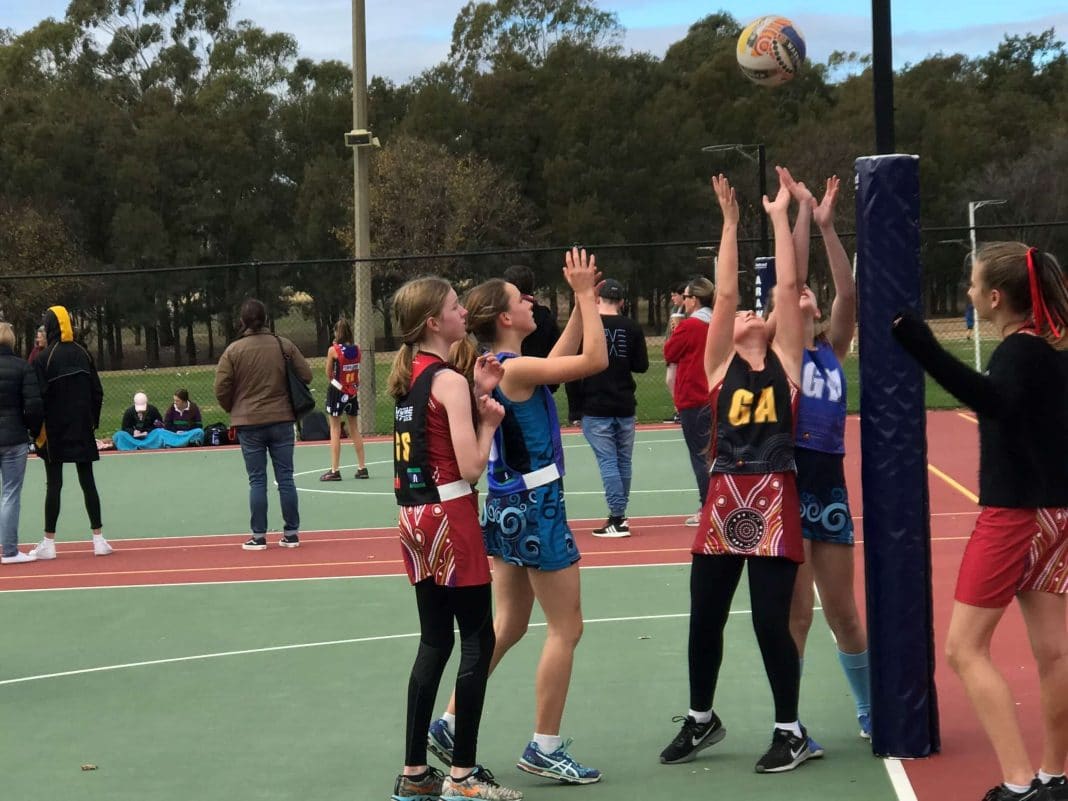New research by Victoria University shows that letting girls and women choose their own sport uniforms increases chances of them continuing the sport.
Focusing on case studies across netball, swimming and cricket, results showed that 48 per cent of participants believe that flexible sport uniform regulations encourage ongoing participation in their sports.
Participants reported overall a 41 per cent increase in confidence, a 34 per cent increase in happiness, and a 30 per cent reduction in self-consciousness.
Almost three in 10 (28 per cent) agreed that flexibility in their sports uniforms provides more freedom, and 20 per cent went as far to say that it helped them perform at their best.
Lead researcher, Professor Clare Hanlon, said the study was driven to explore strong evidence that physical activity in girls declines significantly once they hit adolescence, partially due to the influence of body image.
The study began by surveying over 300 Victorian girls between the ages of 12 and 18 on what made them feel comfortable and confident to join in sports.
Adolescent girls answered that they prefer a choice of uniform that doesn’t leave them feeling overexposed; clothing that fits well and is not unisex; dark coloured bottoms; and uniforms made from appropriate materials.
The secondary phase of the study allowed subjects the choice of shorts, skirts, or leggings in the team colour, resulting in overwhelmingly positive feedback.
“Clearly not one ‘style’ fits all team members or individuals so there is a need for consistent flexible uniform policies/regulations across sport in all associations,” said Professor Hanlon.
Echoing this sentiment is Arawang Netball Association president, Roni Seden, who founded the Warriors Netball Club 10 years ago to support her own daughter staying in the game after primary school.
“There is absolutely a significance in allowing players a choice. It helps women with their confidence, and confidence is everything to them in the game.
“There’s enough pressure on their skill, ability, and team comraderies, they shouldn’t have to also be worried about how people are looking at them. To me, that’s common sense.”
Sport runs in the Seden family. Roni herself has played basketball for almost three decades. Her daughter, now 20, started playing netball in Year 2. Roni says her proudest accomplishment is passing on her love of sport.
“There are so many reasons why sport is an asset to a life: friendship, fitness, mental health. Community can always be achieved through sport. Women should be able to play any sport and feel confident and comfortable.”
At Warriors Netball Club, dresses have never been a requirement, particularly since players of all genders are accepted.
“Girls that like to play female dominated sports, who don’t consider themselves particularly ‘girly’, they don’t wear a dress in their everyday lives so why should they wear one on the court?”
Roni remembers when the “old-school mentality” was the norm, and national sports regulations enforced uniform consistency to showcase that netball was a “female-dominated” sport.
“Now I believe the decision is given back to the clubs, but it is something that still exists on an elite level. There’s still a long way to go,” says Roni.
“For a sport that’s so massive with young girls in our country, some will be turned off from their dreams of representing Australia if they are forced to wear a dress – that’s sad, but it’s also detrimental to the sport.
“It’s important for all sports leaders to understand their members. To stay in touch and have those hard but really important conversations.” The study was funded by the Victorian government’s Change Our Game initiative.
To review the findings, visit changeourgame.vic.gov.au
Canberra Daily would love to hear from you about a story idea in the Canberra and surrounding region. Click here to submit a news tip.



